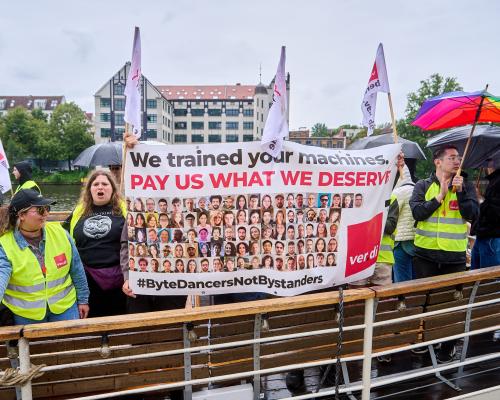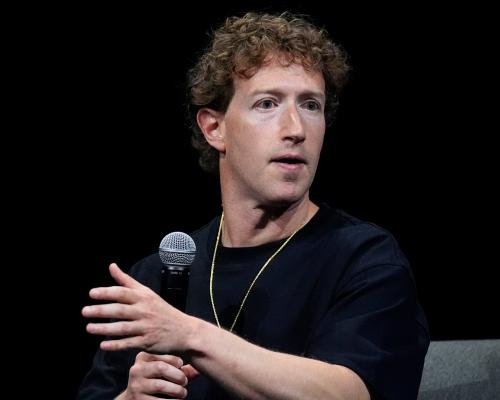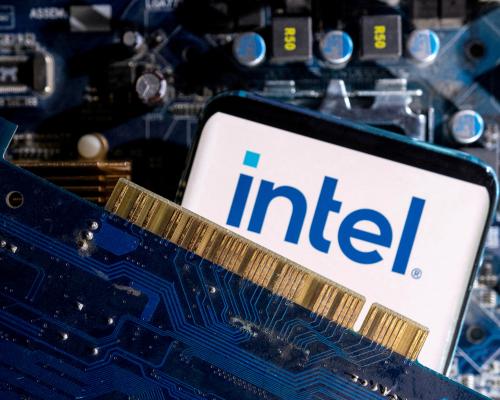
TikTok workers in Germany are holding strikes over mass layoffs of the company’s trust and safety team. The social media behemoth said it is planning to dismantle its entire Berlin moderation team, which removes harmful content from the platform, and outsource the work to artificial intelligence and contract workers. This means the dismissal of 150 employees.
The trade union that represents the TikTok workers, ver.di, has been pushing to negotiate with TikTok over the past few weeks. Kalle Kunkel, a ver.di spokesperson for the Berlin-Brandenburg region, said the union sent a list of demands to TikTok regarding severance for the affected employees and an extension of the layoff notice period to one year. So far, he said, TikTok has refused to come to the table.
“Basically, they said: ‘We don’t want to talk with you,’ so after that, we went on two strikes,” Kunkel said. “But they still don’t react to us.”
The Berlin employees cover the German-speaking market, which the union says has about 32 million active users. TikTok has a handful of offices around the country, but the capital city serves as the biggest hub, with about 400 employees overall. The layoffs of the trust and safety team there would constitute nearly a 40% reduction in force.
Anna Sopel, a TikTok spokesperson, said the company’s proposed layoffs are to “streamline workflows and improve efficiency” and that “we remain fully committed to protecting the safety and integrity of our platform”.
In Germany, as with other countries around the world, the trust and safety team is in charge of making sure the short-form videos published on the platform don’t contain harmful content or violate company policy. That means flagging videos for things like violence, pornography, misinformation and hate speech. The people working on this team review up to 1,000 videos per day, according to the union. This human work is often done in conjunction with AI.
A global push to replace moderators with AI
Over the past year, TikTok has been cutting trust and safety staff worldwide, often substituting those workers completely with automated systems. In September, the company fired its entire team of 300 content moderators in the Netherlands. In October, TikTok announced it would replace about 500 content moderation employees in Malaysia in favor of AI-powered moderation. This past February, Reuters reported that TikTok was laying off significant portions of its trust and safety teams across Asia, Europe, the Middle East and Africa.
The German layoffs come after TikTok CEO Shou Zi Chew testified in a hearing before the US Congress in 2024 saying the company would increase spending on trust and safety. He pledged to spend more than $2bn on a team of more than 40,000 people globally. Sopel, the spokesperson, said TikTok is investing another $2bn in trust and safety this year but did not respond to questions on how many employees the team now has worldwide.
TikTok, which is owned by the Chinese company ByteDance, is facing a ban in the US unless it’s sold to a government-approved buyer, though Donald Trump has granted it multiple months-long reprieves from the ban.
Other social media companies including Snap Inc, X and Meta, which owns Facebook and Instagram, have also made cuts to their trust and safety teams over the past couple of years. In May, NPR revealed that Meta planned to replace 90% of employees working on its product reviews with AI, including those for trust and safety. Meta and X have also terminated their human factchecking programs in favor of notes by other users.
“Replacing people tasked with ensuring that platforms are safe and rights-respecting for all users, including minors, is going to lead to more mistakes and more harmful experiences,” said Aliya Bhatia, a senior policy analyst at the non-profit Center for Democracy and Technology, who studies automated content moderation.
Strikes and protests against AI replacement
Outsourcing this work to AI is problematic, Kunkel said. Employees at TikTok have complained to the union that the company’s automated moderation system has classified videos that show things like a rainbow Pride flag as harmful content, which does not violate company policy. Conversely, employees said in union complaints, the AI can skip over actual inappropriate matter.
“AI is not able to really identify problematic pictures or videos, especially when it comes to sophisticated content,” Kunkel said.
The EU is more strict than other parts of the world when it comes to regulating tech platforms and content moderation. Under the Digital Services Act, passed in 2022, social media companies, including TikTok, are required to rigorously safeguard their platforms from harmful content or face large fines.
TikTok says investing in AI-powered moderation means being able to more quickly remove violating content before it’s viewed by people on the social network. The company says the technology also helps reduce the volume of harmful videos that human moderators are obliged to review.
While TikTok plans to lean more heavily on AI, it says it will still outsource some of Germany’s trust and safety work to contractors. Kunkel expressed qualms that these workers, who watch large amounts of graphic content daily, may not have access to in-house health and safety programs. TikTok Germany offers mental health resources, Kunkel said, but most outside contracting companies don’t.
To put pressure on TikTok to bargain, the union organized two day-long strikes and protests in late July. Kathlen Eggerling, ver.di’s lead negotiator for the TikTok employees, said these actions were necessary to show the company the value of its staff.
After the first strike, TikTok employees received a stern warning. The company sent workers a message, seen by the Guardian, that said those who protest during work hours must notify their bosses in advance and request leave. TikTok said in the message that it was reviewing the situation with its legal team and would reach out to workers individually to address violations.
Under German law, however, unions announce the strikes and workers are not required to inform their employer if they plan to participate.
“It seems TikTok may need content moderators to factcheck its internal communications as well. We call on management to stop intimidating strikers,” Eggerling said. “Instead of spreading misinformation, TikTok should finally come to the negotiating table.”
The union said TikTok employees will continue to rally. And if the company doesn’t meet them at the bargaining table, a longer term strike could be in the works.







